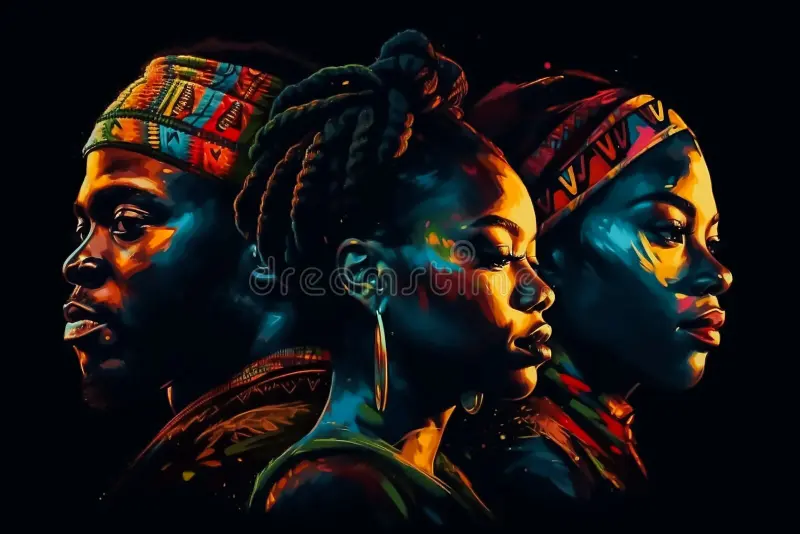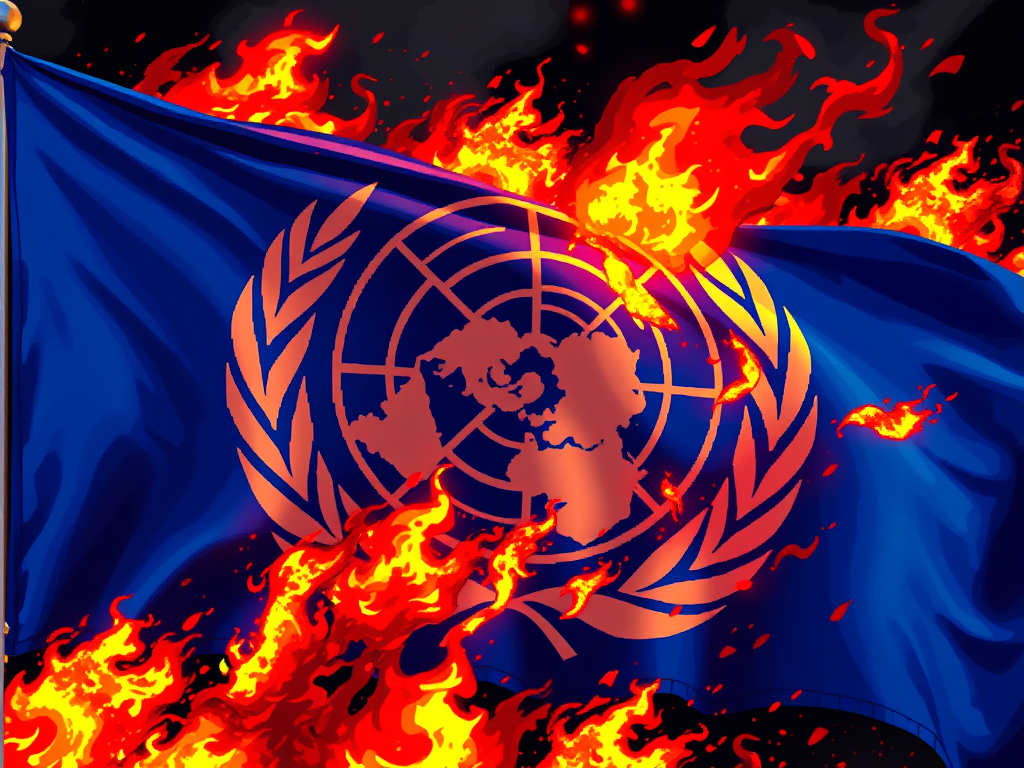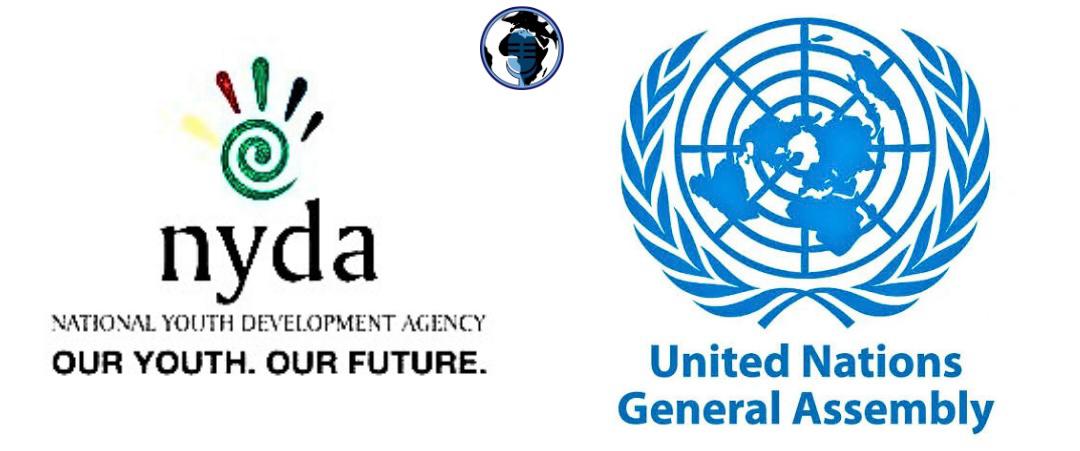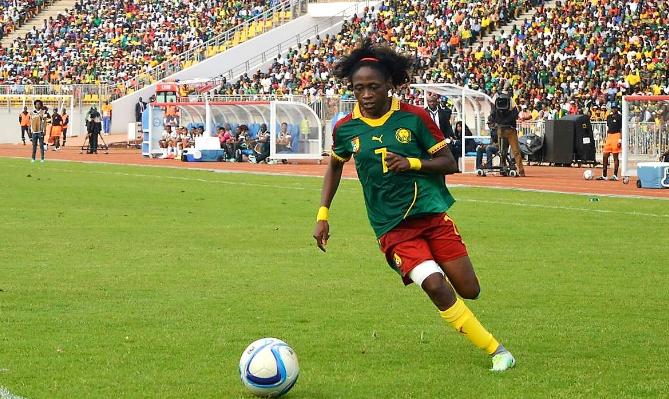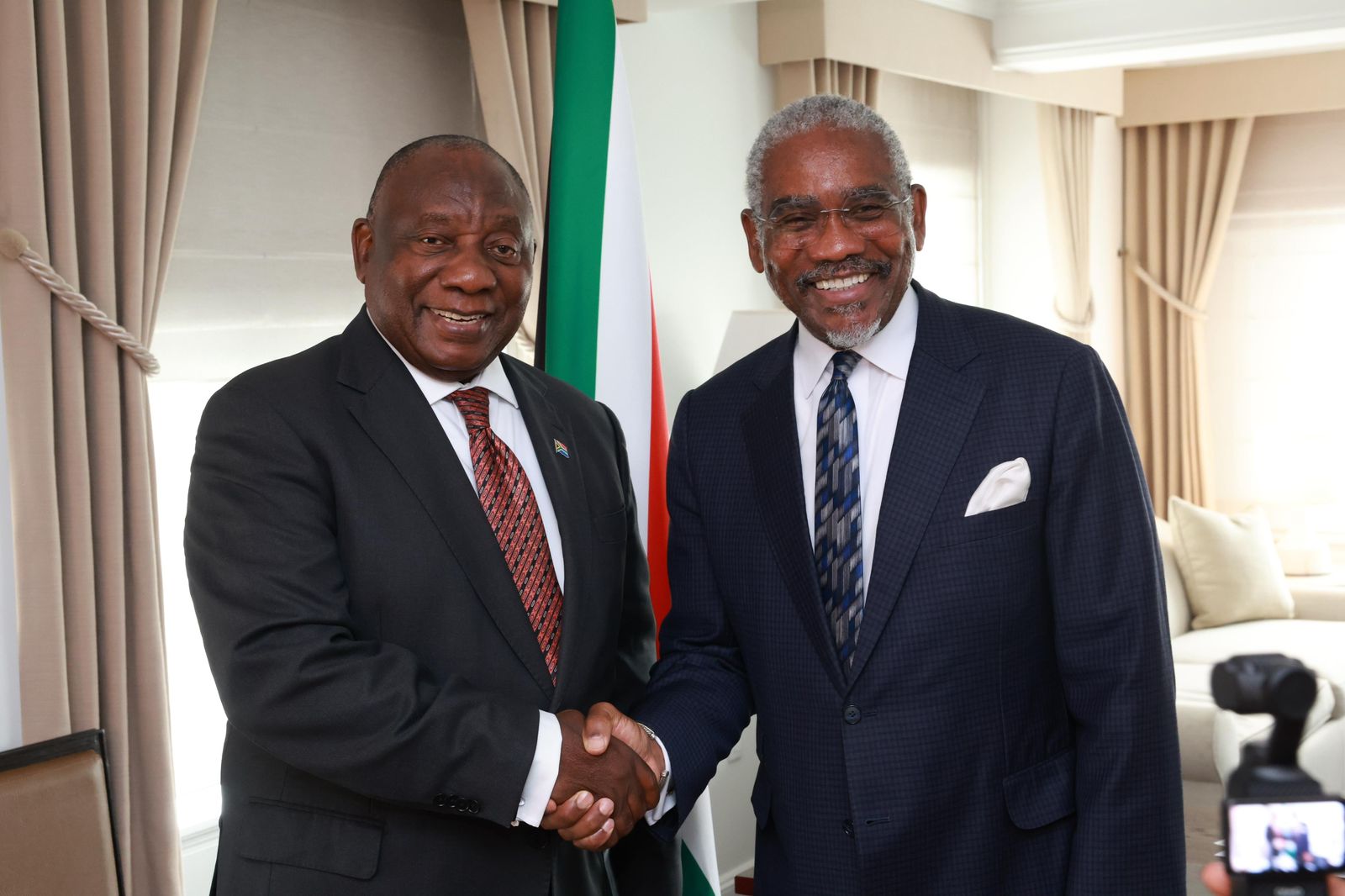On this solemn day, we raise our fists, bow our hearts, and lower our voices in honour of Muntu ka Myeza – the courageous, articulate, and sagacious torchbearer of the Black Consciousness Movement (BCM), who, on 3 July 1990, transcended the limits of this world and ascended to the highest realm of existence. He was not merely a man; he was a movement in motion, a mind honed by the struggle, a spirit tempered by truth.
Muntu, whose name means “person”, epitomised the fulness of humanity with a brilliance that could not be dimmed. He walked among us with the fervour of a prophet and the laughter of a brother. He was affectionately referred to as “Ingelosi Yomhlaba” – the Angel of the Earth, for he bore the burdens of the people with grace and uplifted their spirits with his loquacious charm and vivacious soul. He stood firm where others wavered. He spoke truth where others whispered. He upheld principles where others compromised.
In the face of treachery, he asserted: “Renegades are seldom the advocates of a cause they have deserted”. When unfounded assertions were made regarding the student uprising of 1976, he reminded us: “The ANC had gone down six feet underground such that it was difficult for it to resurface.”

At the funeral of another BCM stalwart, Dr. Abu Baker Asvat, Muntu lamented with piercing insight: “The irony of life is that valuable individuals often die too soon, while others live too long and even defeated heart attacks and strokes.”
Muntu’s life was a rich tapestry of resistance. As a student leader in the South African Student Organisation (SASO), he ignited the minds of youth with the flame of Black Consciousness. The 1974 Viva Frelimo Rallies were his brainchild, demonstrating the BCM’s internationalist posture following Frelimo’s triumph over Portuguese colonialism in Mozambique.
Some within the movement expressed concern that the rallies would provoke repression from the apartheid regime, which indeed occurred. But Muntu firmly believed that the trajectory of the struggle should not be dictated by the repressive regime’s response, no matter how dire the repercussions might be. This does not imply that he acted recklessly; rather, he exhibited remarkable courage!

As a co-founder of the Black Allied Workers Union (BAWU), he amplified the voice of the working class, grounding their dignity in struggle. He faced imprisonment for his beliefs, yet even the confines of Robben Island could not contain the reach of his ideas. As a cornerstone of the Black Consciousness Movement (BCM), he navigated the tumultuous and often violent seas of the 1980s, steadfastly adhering to the compass and map of liberation.
In December 1990, at the Conference for a Democratic Future, amidst a heated internal debate within the liberation movement regarding the appropriateness of negotiations to resolve the political deadlock between the forces of oppression and those of revolution, Muntu articulated the BCM’s position, a perspective that would later prove to be prophetic. With incisive clarity, he cautioned that the proposed negotiations would not lead to the total liberation of black people and their land. Thirty-five years later, that educated caution has come full circle. Those who once dismissed the BCM as unreasonable and excessively radical now find it difficult to acknowledge that Muntu and his allies were indeed correct. Surely, they do so in private.

Regarding the events of that fateful day near Bloemfontein, the official claim by the apartheid regime described it as a car accident. However, the truth, much like Muntu, refuses to be buried. No skid marks. No signs of struggle. No evidence of drowsiness behind the wheel. Only silence, suspicion, and profound sorrow.
He was discovered alive by a child but succumbed to his injuries in the hospital, his body marked by signs of a more sinister plot, indicating an assassination. The silencing of a voice deemed too powerful. Like Socrates. And yes, like his peer, Steve Biko; a mind considered too dangerous for the oppressors. Nevertheless, Muntu ka Myeza endures. He lives in every mind awakened by Black Consciousness. He is the echo of every voice that dares to speak truth to power. He lives in every act of principled defiance, and in every dream for a liberated and dignified Azania.

Summing up the mood in the country after Muntu’s death in the suspicious car accident, social scientist and BCM leader, Professor Itumeleng Mosala remarked: “Anyone who believes that only God is at work is a fool.”
The loquacious Muntu – yes, he would have relished this grand terminology as a wordsmith – held the position of acting President of SASO and various entities of the BCM throughout the 1970s before receiving a ten-year sentence on Robben Island following the extensive SASO-BPC trial. During the unveiling of his tombstone, the slain BCM stalwart, Gomolemo Mokae, referred to Muntu ka Myeza as “the best President of the BCM that never was.”

The commemorations honouring the mysterious death of Muntu occur a few weeks before the so-called National Dialogue. That sounds like the ill-fated National Convention suggested by liberals during the 1980s, when the apartheid state and capital were in a crisis due to the restlessness of the oppressed.
As early as 1987, this gentle giant, philosopher, orator, and charismatic leader penned a prescient article in this newspaper regarding the impotence of national dialogues, seminars, talks-about-talks, and conventions. He wrote bitingly:
“The force of change will not be found in sleek cocktail parties in the comfort of suburbia or in endless seminars and symposia arranged in the high-rise rarified atmosphere of the so-called island of peace. Change lies in the street of the ghettos prowled by ugly monsters. It lies in the hungry stomachs of workers who have nowhere to turn to. Change lies in the minds of children who have learned too many things too soon. Change lies in the anguish and torment of families torn apart by jail and migratory labour. That is the force that is so potent, so misunderstood and yet tenacious and consistent. It is the force that is equally unstoppable, which the rulers ignore at their peril.”

That change, Muntu concluded, is Black People. Indeed, it is the black working class that will emancipate itself and bring real change in the land.
Ingelosi Yomhlaba! Your wings may have taken you yonder, beyond our grasp, but your legacy continues to walk alongside us. So long Tower!
On Saturday, 05 July 2025, the Black Consciousness Movement United (BCMU) will conduct a full-day service to honour the legacy of Muntu ka Myeza. The day will commence with ceremonies at his gravesite at 08h00, featuring a prayer and Black theological reflections by Professor Mamabolo Raphesu, along with a dialogue with Muntu led by Black Consciousness stalwart, Tiyani Lybon Mabasa. There will also be the laying of wreaths and a speech by Muntu ka Myeza’s brother, Musa Myeza. The commemoration will proceed with a ceremony at the Myeza family residence in Soweto at 12h00, where Ruwaida Halim, who worked with Muntu in the Black Consciousness Movement, will pay her tribute.
Lefu ha le jwetse






